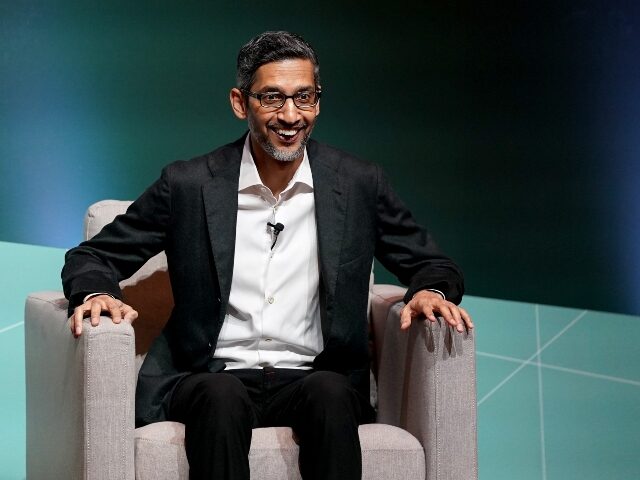The U.S. Department of Justice’s antitrust trial against Google kicked off on Monday, with the opening day focusing heavily on the tech giant’s impact on publishers through its dominant position in the digital advertising market.
DigiDay reports that the long-awaited antitrust trial between the DOJ and Google began on Monday in the U.S. District Court for the Eastern District of Virginia. The trial, which many consider to be the “trial of the century” for the digital media landscape, could potentially result in the breakup of Google’s empire, as the DOJ seeks the divestiture of Google’s sell-side ad tech tools.
In her opening statement, DOJ attorney Julia Tarver Wood argued that Google “acquired its way to success” and compared the company’s alleged monopolistic practices to schemes “as old as monopolies themselves.” She emphasized that publishers have been the ones to foot the bill for Google’s dominance in the ad tech market.
Google’s attorney, Karen Dunn, countered by accusing the DOJ of “gerrymandering” in its definition of the various markets and suggested that there is still plenty of competition in the ad tech industry, especially with the advent of AI.
The DOJ’s legal team focused on demonstrating publishers’ reliance on Google and quantifying the company’s control over the industry. Gannett SVP of Revenue Operations, Tim Wolfe, revealed that the publisher paid approximately $15 million per year in revenue share for programmatic ad revenues, with Google accounting for more than $10 million. At its peak, Google accounted for around 60 percent of Gannett’s programmatic ad revenues, and currently, it still accounts for about 50 percent.
Wolfe also discussed the adoption of header bidding, an ad tech hack designed to help publishers break free from Google’s grip on programmatic advertising. When Gannett implemented header bidding as its primary sales method, it saw CPMs increase by 15 to 20 percent. However, Wolfe compared trying to switch from Google’s ad server to being “akin to changing the tires on a race car mid-race,” underscoring the difficulty publishers face in escaping Google’s dominance.
Other key takeaways from the first day of the trial include:
1. Quad Media’s Joshua Lowcock, former digital chief at UM, explained the intricacies of the various ad markets in question, although Google attempted to poke holes in his testimony during cross-examination.
2. The DOJ plans to bring in several other witnesses in the coming days, including executives from Goodway Group, OMD, Facebook, and The Trade Desk.
3. Google plans to call witnesses from various government agencies, such as the U.S. Postal Service, U.S. Army, U.S. Navy, U.S. Census Bureau, and the U.S. Department of Veteran Affairs.
The antitrust trial against Google comes on the heels of a ruling by the UK’s Competition Market Authority, which found that Google had abused its dominant position by operating both its publisher ad server and buying tools to restrict competition. Additionally, Google is preparing to appeal a separate antitrust ruling concerning its search empire. These events have led many to believe that the online ad industry is set for a monumental shake-up in the coming weeks.
As the trial continues, the DOJ will attempt to prove that Google’s business practices and corporate culture have been skirting the rules of fair competition, while Google will defend its position and argue that the ad tech industry remains competitive. The outcome of this landmark case could have far-reaching implications for publishers, advertisers, and the digital media landscape as a whole.
Read more at DigiDay here.
Lucas Nolan is a reporter for Breitbart News covering issues of free speech and online censorship.

COMMENTS
Please let us know if you're having issues with commenting.